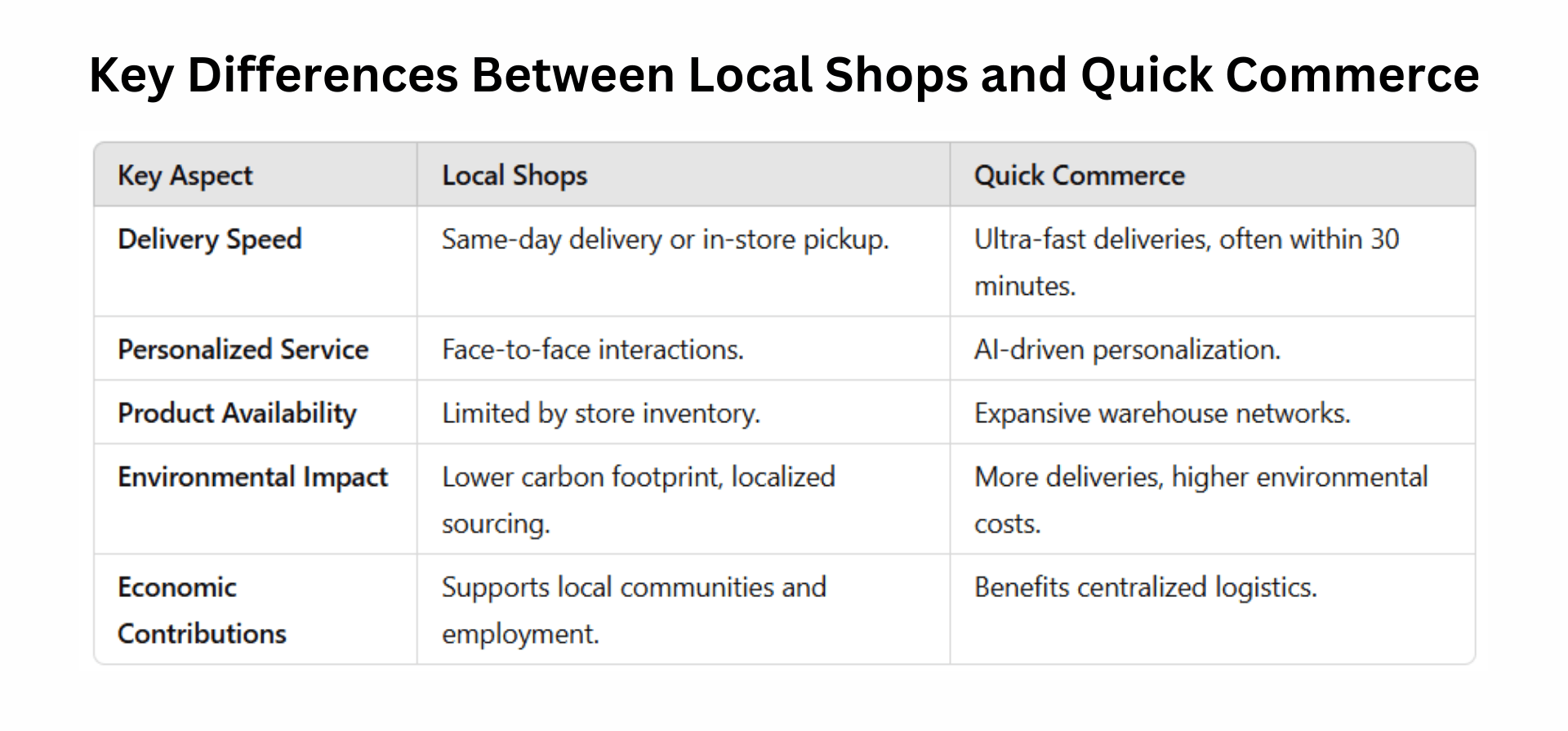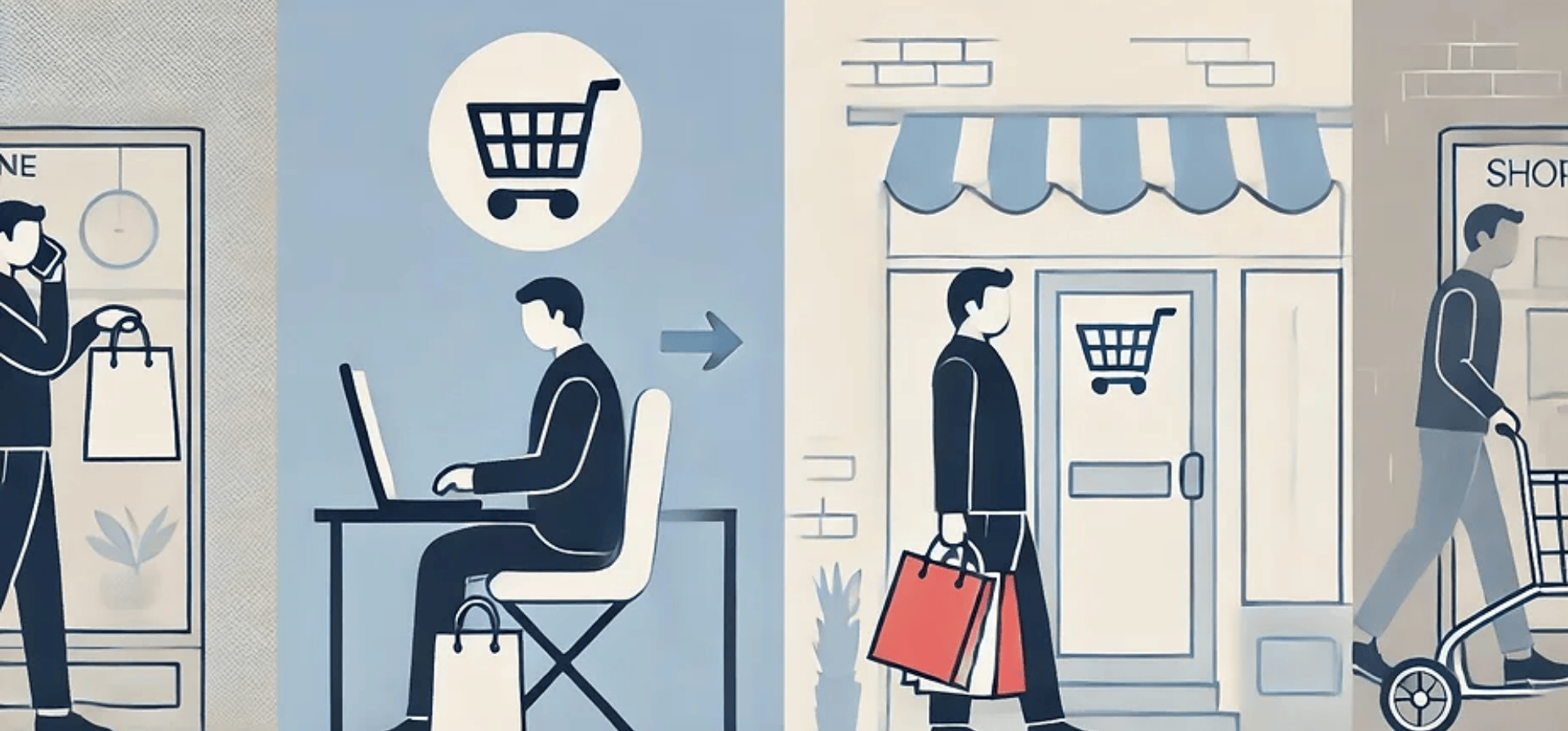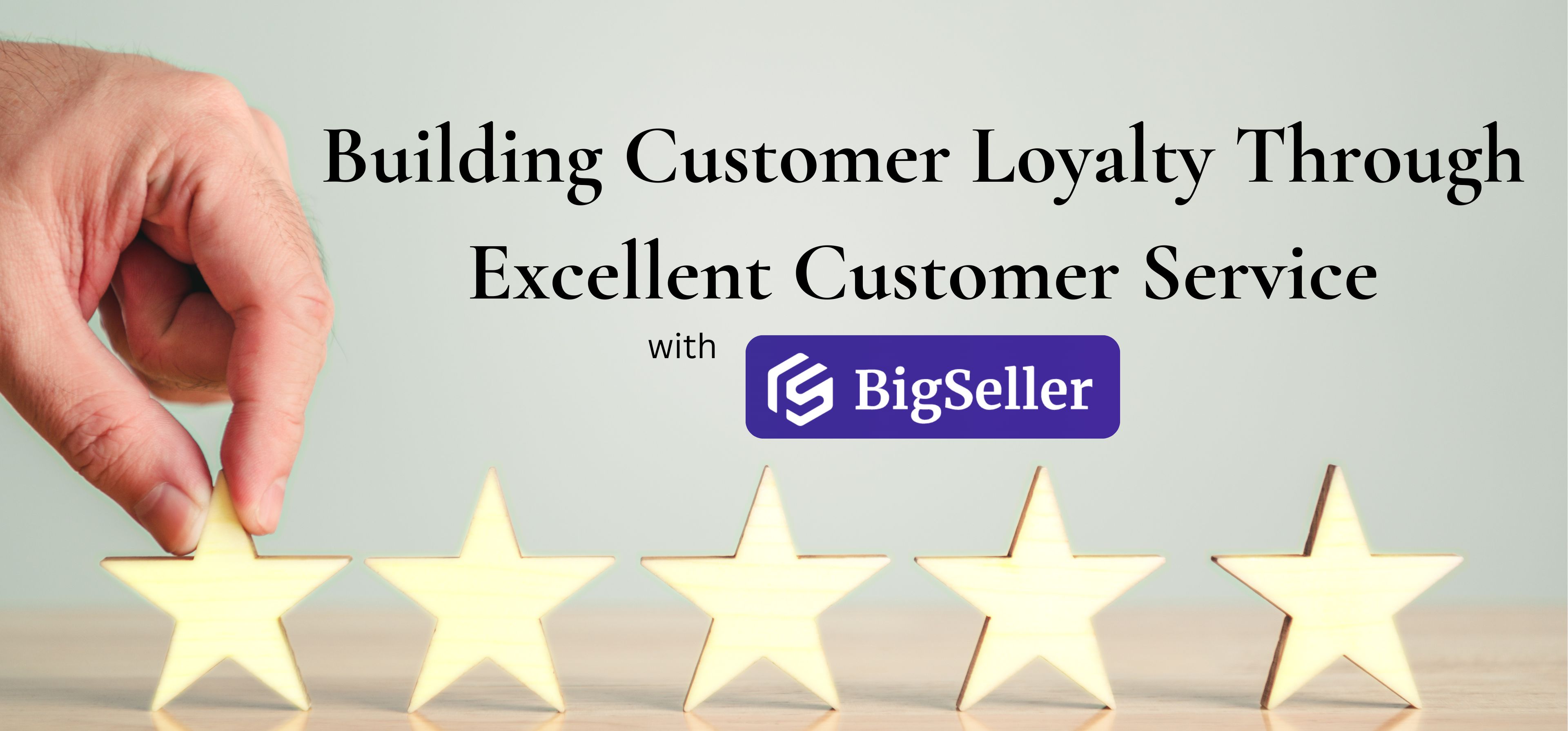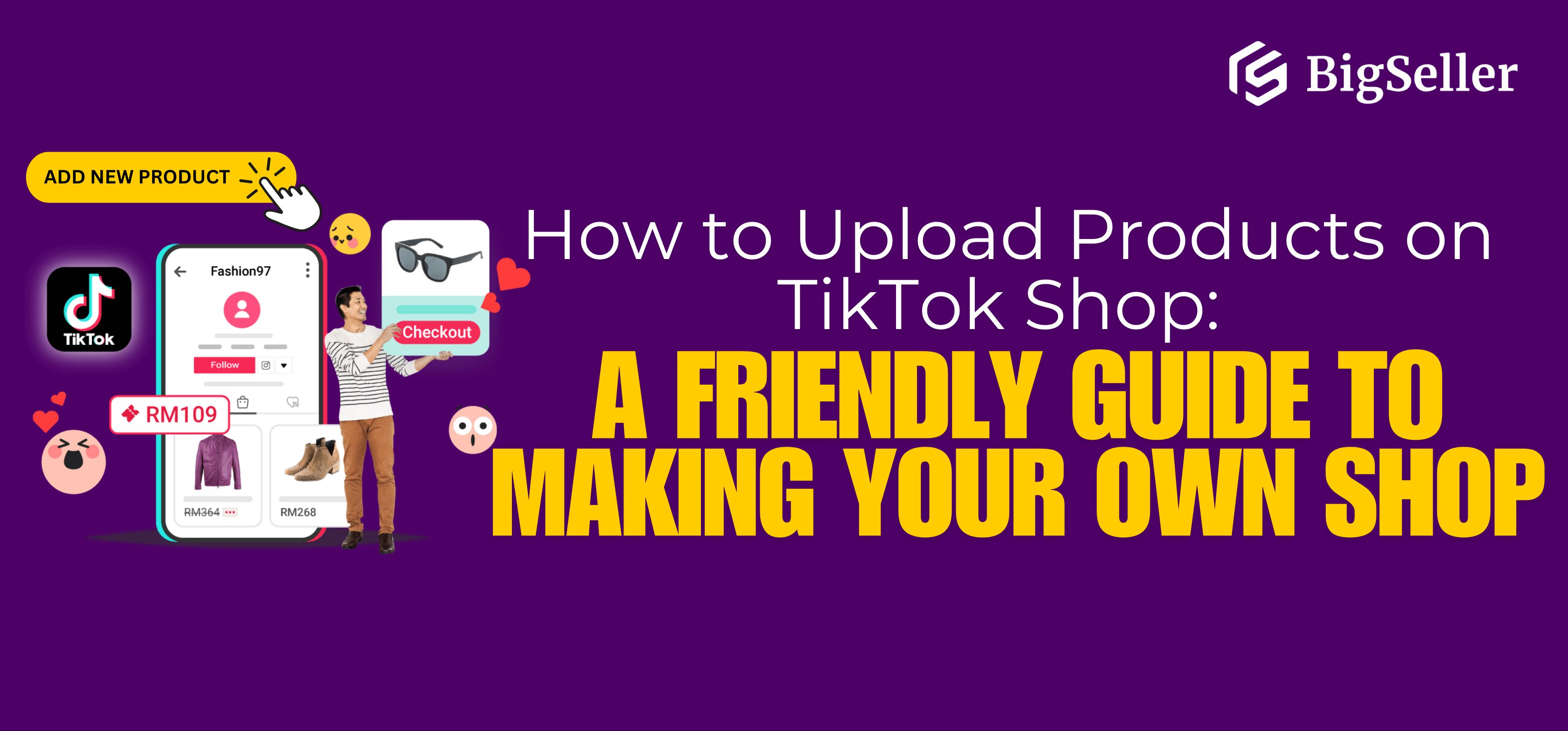The Retail Revolution: Local Shops vs. Quick Commerce
JX 16 Jan 2025 03:10EN
The retail industry is experiencing a significant transformation, as quick commerce platforms redefine how businesses operate and how consumers shop. While local shops remain integral to community life, the rise of quick commerce has ushered in an era of convenience and speed, dramatically reshaping consumer expectations. Below is a comprehensive comparison between these two retail models, focusing on key distinctions and emerging trends.

Key Differences Between Local Shops and Quick Commerce
1. Delivery Speed
Local shops typically offer same-day delivery or in-store pickup, catering to nearby customers. Quick commerce, however, emphasizes ultra-fast deliveries, often completing orders within 30 minutes. BigSeller helps local shops streamline order fulfillment by offering multi-channel integration and real-time inventory synchronization, allowing for faster delivery and enhanced operational efficiency.
 Click here to register for BigSeller today.
Click here to register for BigSeller today.
2. Personalized Service
Local retailers thrive on face-to-face interactions, cultivating strong customer relationships. Quick commerce platforms, by contrast, rely on AI-driven algorithms to deliver personalized experiences based on user data. Duoke enhances customer service by managing communications across platforms such as Shopee, Lazada, and TikTok Shop, helping local retailers maintain personalized connections in the digital space.

3. Product Availability
Local stores are limited by the inventory available in their physical locations. Quick commerce, however, leverages expansive warehouse networks, offering a wider selection of products, including niche items. With BigSeller, local retailers can efficiently manage multiple warehouses, ensuring improved product availability and better inventory management across various channels.

Click here to register for BigSeller today.
4. Environmental Impact
Local shops generally contribute to lower carbon footprints due to fewer delivery trips and reduced traffic congestion. In contrast, quick commerce models often require multiple deliveries, increasing vehicle usage and environmental costs. While the speed of quick commerce provides convenience, it introduces challenges related to sustainability, whereas local businesses typically engage in more eco-friendly practices through reduced transportation needs and localized sourcing.
5. Economic Contributions
Local businesses directly support regional employment and community development. Quick commerce platforms, which rely on centralized logistics, contribute less to local economies. Local retailers invest in their immediate communities, fostering job growth and social development, while quick commerce platforms create economic benefits primarily for centralized hubs, providing fewer benefits to smaller local communities less.

Challenges Facing Local Shops
While local shops play a crucial role in the economy, they face several challenges in adapting to the rise of quick commerce:
1. Customer Retention
The instant gratification offered by quick commerce platforms makes it challenging for traditional stores to retain customers.
2. Digital Limitations
Many local businesses struggle with limited technological infrastructure, hindering their ability to adopt advanced logistics and digital solutions necessary to compete with online platforms.
3. Competitive Pricing
Quick commerce platforms benefit from bulk purchasing, enabling them to offer lower prices, which can undermine the competitiveness of local businesses.

Transitioning with the Power of Technology
To stay competitive in today’s rapidly evolving market, local shops must embrace innovative solutions that streamline operations and enhance customer experiences.
BigSeller is a free, comprehensive e-commerce software designed to help retailers adapt to modern demands. It provides the following key features:
- Multi-Platform Integration: Seamlessly connects with major platforms like Shopee, Lazada, and TikTok Shop.
- Efficient Inventory Management: Ensures real-time stock updates across all sales channels.
- Simplified Order Handling: Centralizes orders from multiple platforms for smooth processing.
- Advanced Analytics: Delivers actionable insights to refine sales and marketing strategies.
- Automation Features: Handles routine tasks such as inventory updates and shipping labels effortlessly.
The rise of quick commerce is reshaping the retail landscape, offering convenience and variety, but also presenting challenges for traditional businesses. Local shops can leverage modern tools like BigSeller to embrace change, boost efficiency, and remain competitive in this dynamic environment.
 Click here to Register for BigSeller today
Click here to Register for BigSeller today


